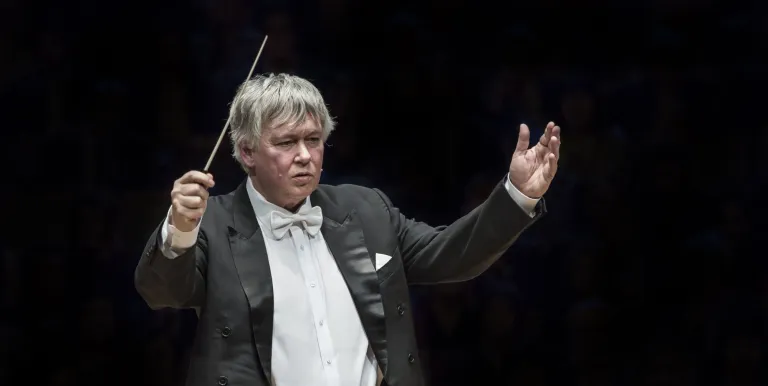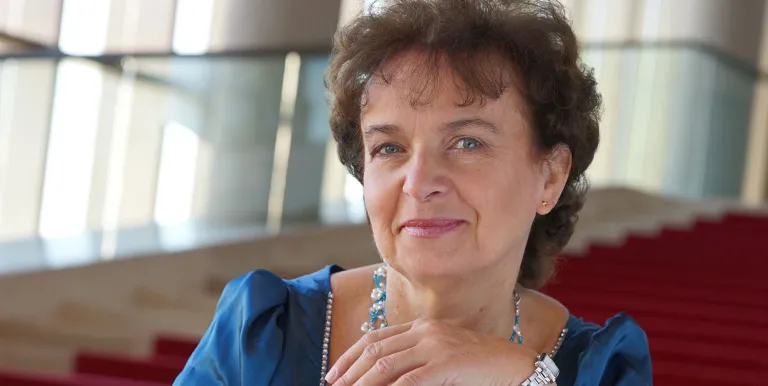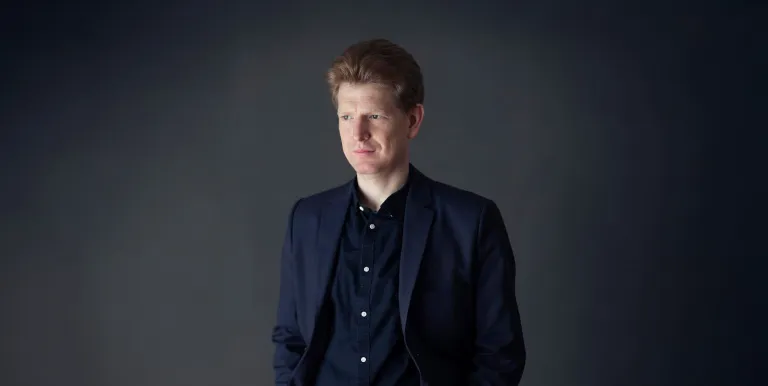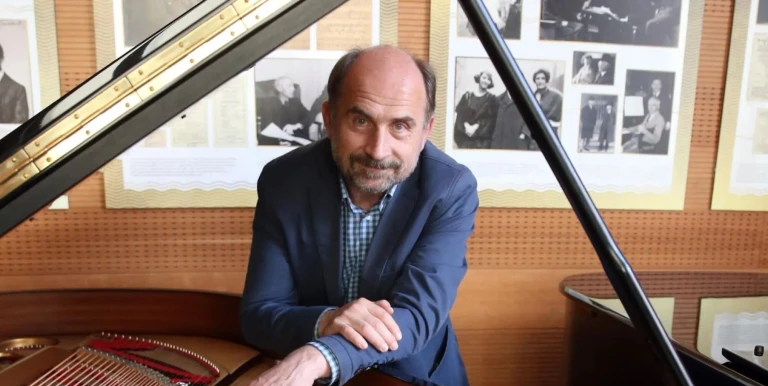one interval
Conductor:
Featuring:
Liszt
Trois Odes Funèbres
Beethoven
Piano Concerto No. 4 in G major, op. 58
László Sáry
Sinfonia concertante for piano and orchestra, in memoriam Zoltán Kocsis – world première
Bartók–Kocsis
Four Piano Pieces:
– Burlesque, op. 8/c, No. 3, BB 55/3
– Burlesque, op. 8/c, No. 1, BB 55/1
– Fantasy No. 2, DD 71, BB 27/3
– Scherzo, DD 71, BB 27/4
It has been one year since Zoltán Kocsis left us, leaving a gaping hole behind him, along with a task: Hungary's musicians must collectively preserve and nurture the legacy that this epochal artist left for us. A part of this conservation involves meaningful remembrance, for which this concert being given by the maestro's former orchestra on the first anniversary of his death provides a means.
Under the batons of Zsolt Hamar, who is continuing Kocsis's work at the helm of the Hungarian National Philharmonic, and Péter Dobszay, the orchestra will be playing only works that can be considered symbolic, either because their content constitutes a gesture of commemoration – such as Liszt's Three Funeral Odes – or because they recall one chapter or another of Kocsis's career.
Beethoven's Piano Concerto No. 4 in G major evokes in all of us the rebellious figure – like the magical wandering student of folklore – of the young, practically still adolescent, Kocsis. It was with this composition that the 18-year-old won Hungarian Radio's Beethoven piano competition in 1970 and suddenly became nationally known, although only within a narrow circle, as a young artist of great promise. Nor is it a coincidence that this piece is being interpreted by none other than the extraordinary Russian phenomenon Denis Kozhukhin, a pianist of both depth and virtuosity, since the Budapest audience got to know him a few years ago when Kocsis himself conducted him as a guest soloist of the National Philharmonic.
László Sáry's composition also requires no explanation: written as a tribute, it also serves as a reminder of the close relationship Kocsis fostered with the most contemporary music throughout his career, in particular with the New Music Studio that was so close to his heart. And finally, the most important chapter of the great artist's repertoire: Bartók. But not just any old way. Each of the Four Piano Pieces was converted, with agreeable scoring, into a new symphonic form worthy of Bartók's spirit by the composer's great apostle.
The concert will be preceded by a screening for ticket holders at 6 pm of the film made of the performances of two Richard Strauss works, Friedenstag and Daphne, in 2015. The recording shows Zoltán Kocsis conducting the Hungarian National Philharmonic. The performances were directed by Csaba Némedi, the documentary was produced at Müpa, the film editor-director was Judit Várbíró.
Presented by:
-
We wish to inform you that in the event that Müpa Budapest's underground garage and outdoor car park are operating at full capacity, it is advisable to plan for increased waiting times when you arrive. In order to avoid this, we recommend that you depart for our events in time, so that you you can find the ideal parking spot quickly and smoothly and arrive for our performance in comfort. The Müpa Budapest underground garage gates will be operated by an automatic number plate recognition system. Parking is free of charge for visitors with tickets to any of our paid performances on that given day. The detailed parking policy of Müpa Budapest is available here.










